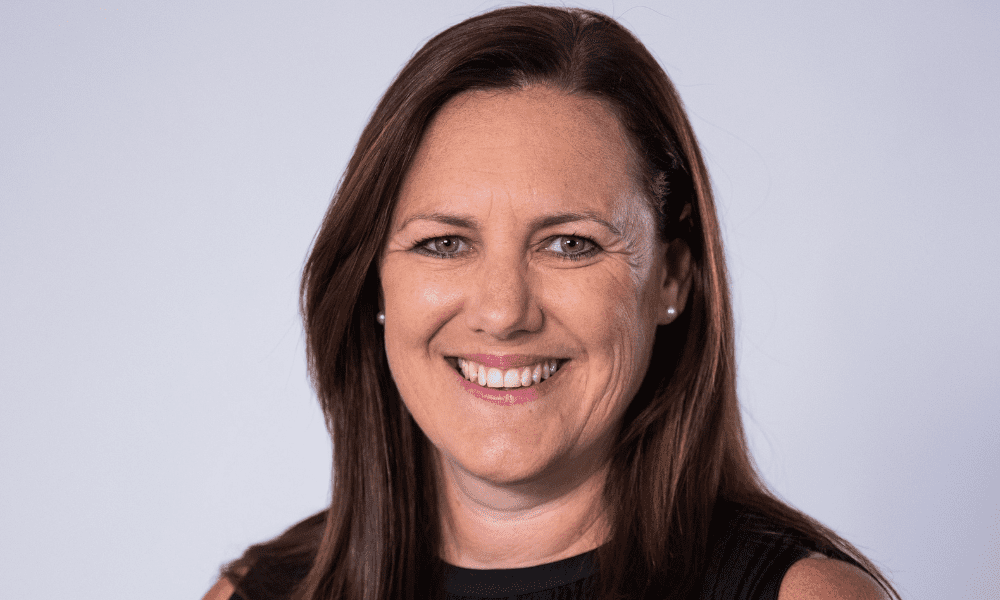SIRA appoints seasoned leader as new chief executive

SIRA appoints seasoned leader as new chief executive | Insurance Business Australia
Insurance News
SIRA appoints seasoned leader as new chief executive
New hire brings over 20 years of public sector leadership experience
Insurance News
By
Roxanne Libatique
Mandy Young has been appointed as the new chief executive of the State Insurance Regulatory Authority (SIRA), starting on June 10, 2024.
Young (pictured) is currently the chief operating officer at the Department of Customer Service (DCS). She brings over 20 years of executive leadership experience in the New South Wales (NSW) public sector.
Commenting on the appointment, SIRA chair Trevor Matthews said: “She understands the work SIRA continues to do to ensure NSW insurance schemes protect and support people who need them the most.”
Dr Petrina Casey will continue as interim chief executive until Young begins her new role.
The audit focused on how well TMF agencies adhere to workers’ compensation laws and best practices, particularly in their interactions with claims managers and the NSW Self Insurance Corporation (icare).
The review included an examination of 951 claim files and interviews with various stakeholders, including unions, government employers, claims service providers, and icare representatives.
Key findings in TMF workers’ compensation management
The audit highlighted five major areas of concern:
structural complexity;
financial performance;
compliance by government employers;
return-to-work challenges; and
claims management practices.
These issues affect government agencies to varying degrees, reflecting specific challenges each faces.
SIRA’s recommendations to improve performance and compliance
In response to the areas of concern, SIRA proposed several measures to enhance performance and compliance:
NSW Treasury should improve stakeholder engagement to clarify roles within TMF.
SICorp should refine its performance and compliance programs to align with compensation system objectives and enhance feedback to NSW Treasury and SIRA.
NSW Treasury needs to revisit its engagement processes with government employers and review compensation contributions, levies, and funding arrangements.
Government employers with concurrent entitlement schemes should examine their impact on injured workers.
Agencies such as Stronger Communities, Health, and Education should find ways to reduce psychological injuries in the workplace.
Government employers should update their systems and policies to improve compliance, focusing on injury notification, return-to-work programs, and internal audits.
Government employers should explore the reasons behind poor return-to-work outcomes, especially for psychological injury claims.
Chief people officers should regularly review inactive injured workers for participation in work programs.
NSW Treasury should continue to support the Whole of Government Recovery through Work Strategy.
NSW Treasury should collaborate with stakeholders to adjust performance indicators and targets for better return-to-work outcomes.
SICorp should refine its claims management practices to improve customer experiences, particularly in the early stages of psychological injury claims.
SICorp should develop a digital roadmap for claims management to leverage technology for better outcomes.
“In preparing the report, SIRA has consulted with key stakeholders who are broadly supportive of the suggestions we are making. As a result, we have confidence that the government agencies appreciate their importance and will work to implement them,” Casey said.
Related Stories
Keep up with the latest news and events
Join our mailing list, it’s free!






